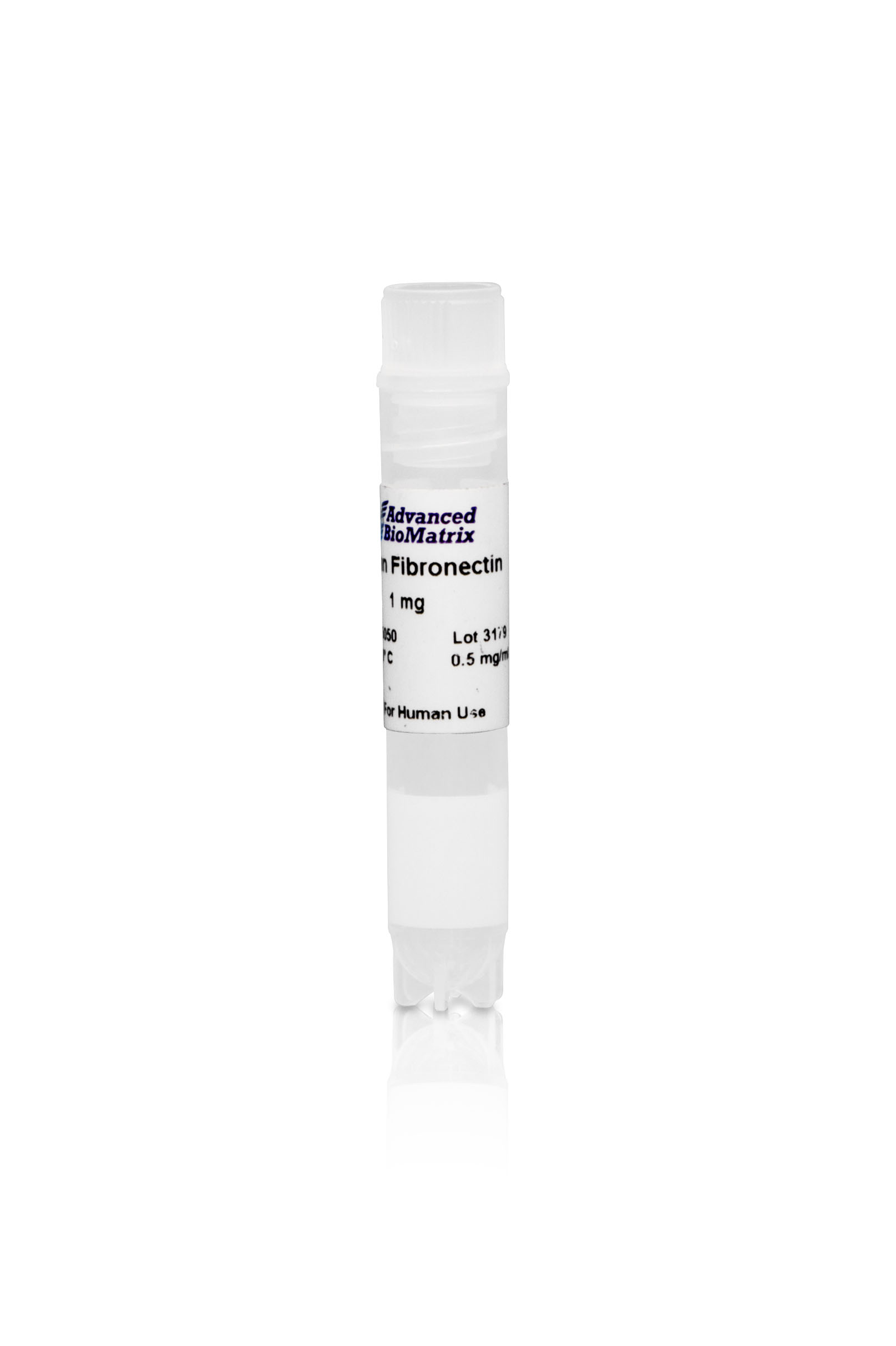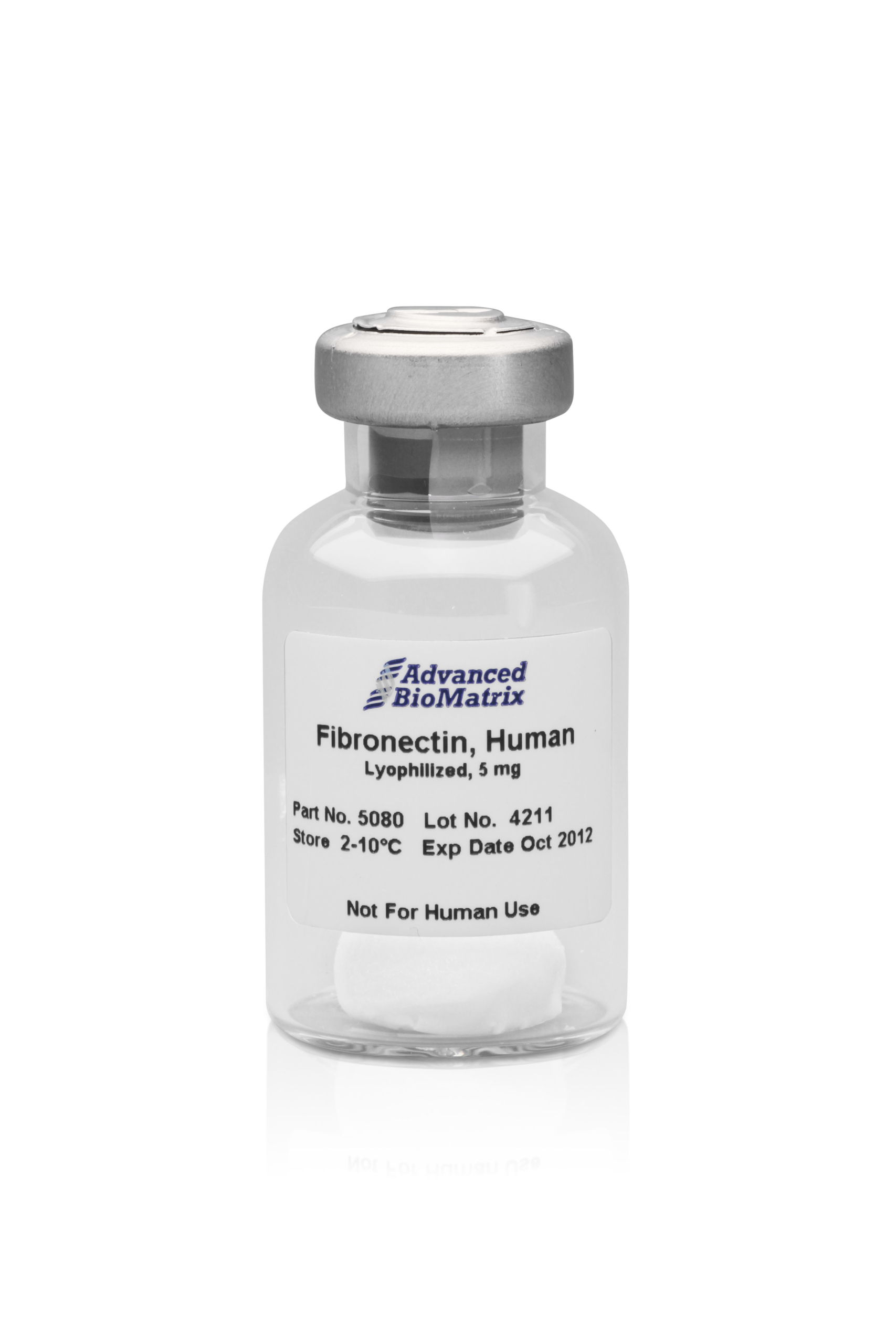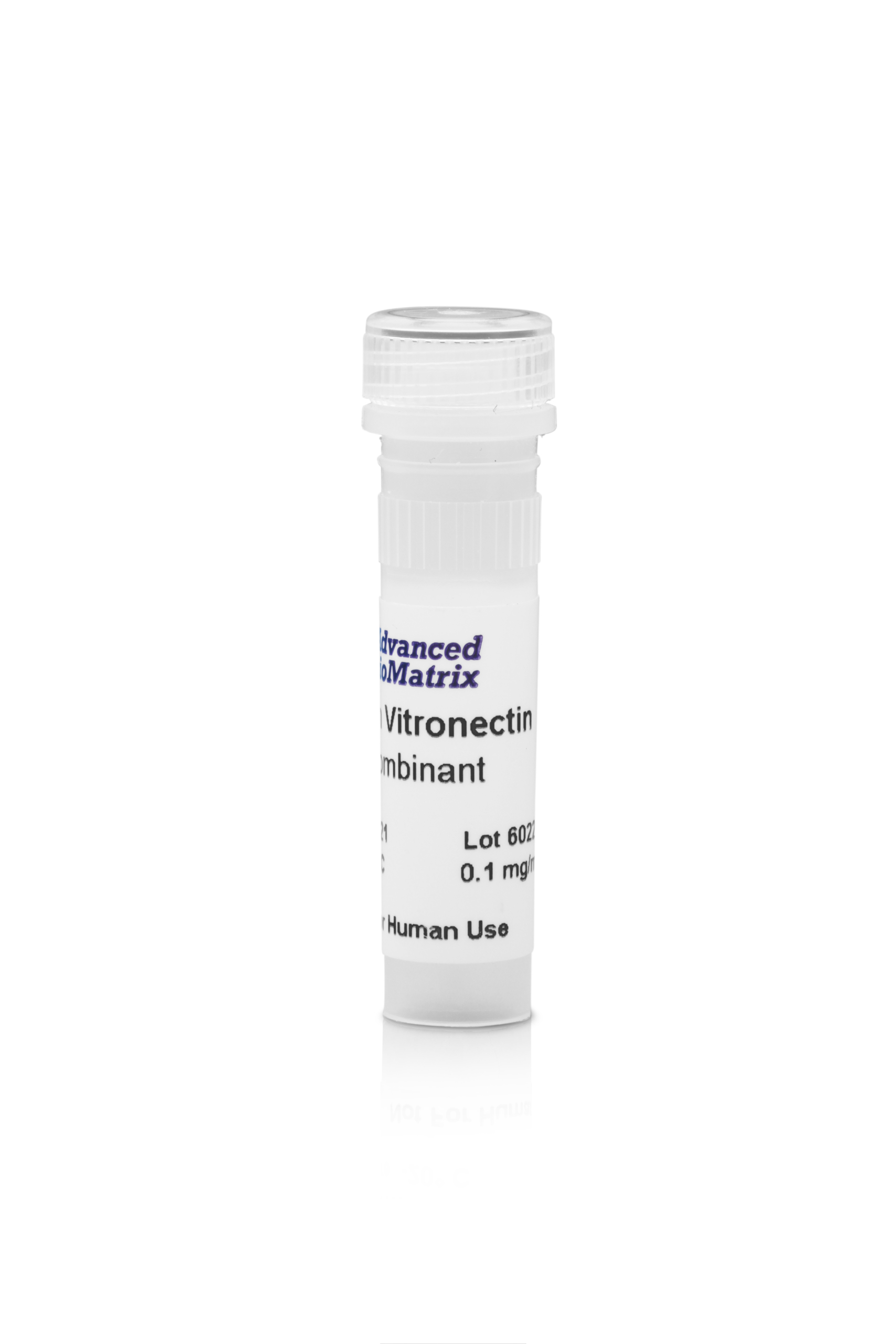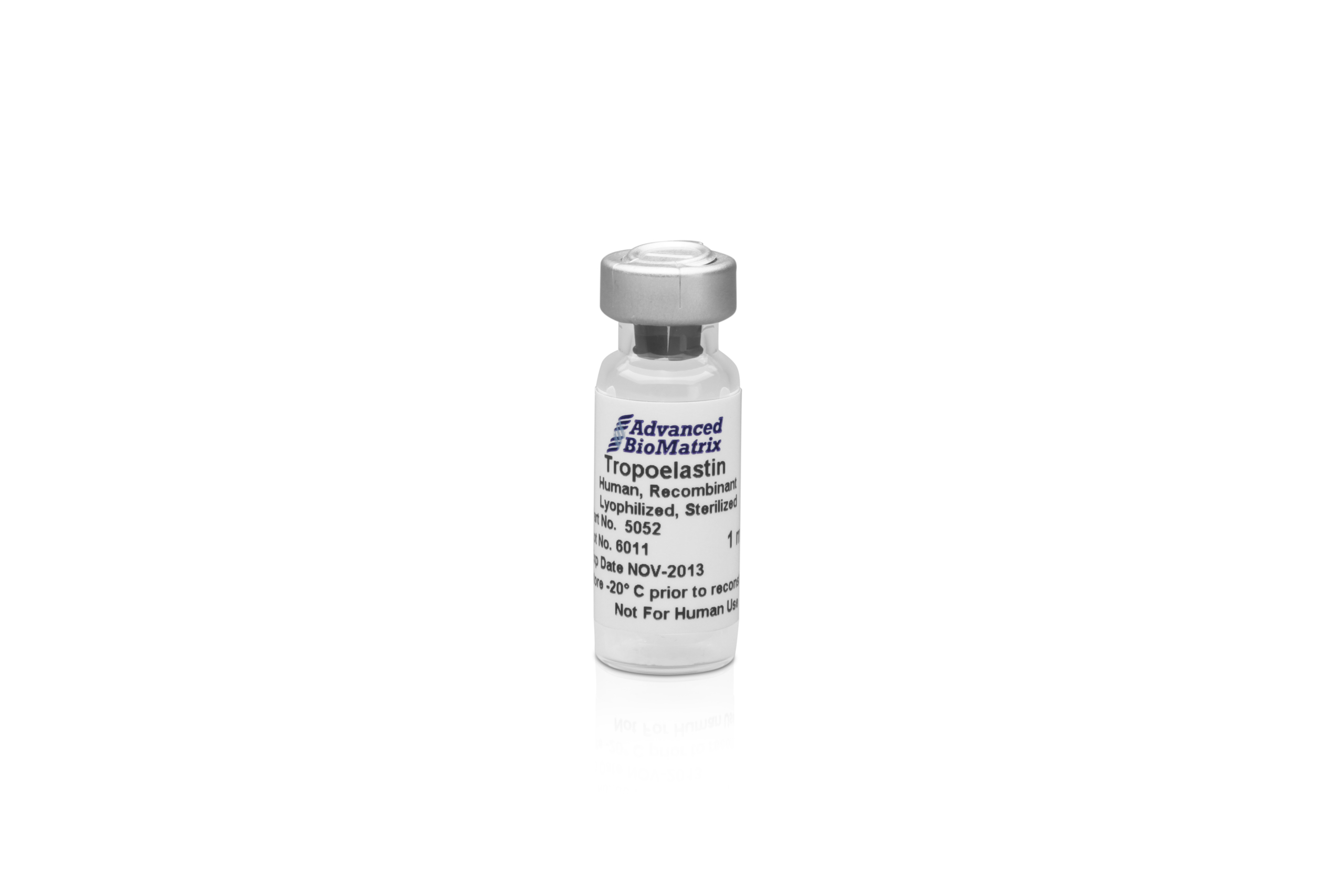Extracellular Matrix Proteins
The Dynamic World of Extracellular Matrix (ECM) Proteins
Extracellular matrix (ECM) proteins form a complex network of molecules that provide structural support and biochemical signaling to cells in tissues throughout the body. These proteins create a dynamic microenvironment outside the cells, influencing various cellular functions such as adhesion, migration, proliferation, and differentiation.
Introduction to ECM Proteins
The ECM is composed of a diverse array of proteins, including:
Collagens: They are the most abundant ECM proteins, providing tensile strength and structural support to tissues. Collagens form long, fibrous strands and are crucial for maintaining the integrity of skin, bones, tendons, and other connective tissues.
Elastin: Elastin is a highly elastic protein that allows tissues to stretch and recoil, providing resilience and flexibility to organs like the skin, lungs, and blood vessels.
Fibronectin: Fibronectin is involved in cell adhesion, migration, and wound healing. It binds to cell surface receptors and other ECM components, helping to organize the ECM and facilitate cellular activities.
Laminins: Laminins are important for cell adhesion and basement membrane integrity. They form cross-shaped structures that interact with cell surface receptors, contributing to tissue organization and function.
Glycoproteins: These proteins are characterized by the presence of carbohydrate chains. Examples include thrombospondins and tenascins, which play roles in cell-matrix interactions, tissue repair, and modulation of cell behavior.
Proteoglycans: Proteoglycans consist of a core protein with attached sugar chains called glycosaminoglycans (GAGs). They contribute to the viscosity and hydration of the ECM, as well as regulating cell signaling and tissue development.
Hydroxyapatite: In addition to proteins, mineral components like hydroxyapatite, a crystalline form of calcium phosphate, are found in certain ECMs, particularly in bone tissue. Hydroxyapatite provides hardness and rigidity to bones, contributing to their strength and resilience.
The Dynamic ECM Scaffold: Regulation of Cellular Processes
Together, these ECM proteins form a dynamic scaffold that not only provides structural support but also regulates various cellular processes essential for tissue homeostasis, repair, and development. The composition and organization of ECM proteins vary depending on the tissue type and physiological conditions, highlighting the versatility and importance of this intricate network in maintaining tissue function and overall health.
-
Human Fibronectin, Solution
Cat.-Nr: 5050-1MG
Fibronectin is a widely used broad range natural cell attachment factor. This product has been purified from human plasma where it is found as a... Read More
-
ECM Select® Array Kit Ultra-36
Cat.-Nr: 5170-1EA
ECM Select® Array Kit Ultra-36 is an extracellular matrix screening array. This product has thirty six (36) human extracellular matrix protein (ECM)... Read More
-
Fibronectin, lyoph. (human)
Cat.-Nr: 5080-5MG
Fibronectin is a widely used broad range natural cell attachment factor. This product has been purified from human plasma where it is found as a... Read More
-
Human Vitronectin, Recombinant
Cat.-Nr: 5121-0.5MG
Vitronectin is a 478 amino acid protein (1-19aa = signal domain) that belongs to a member of the pexin family. Vitronectin is an abundant... Read More
-
Human Vitronectin, Solution 0,1 mg
Cat.-Nr: 5051-0.1MG
Vitronectin is a monomeric glycoprotein used to promote cell attachment, migration, proliferation and differentiation in a broad number of cell lines... Read More
-
Human Vitronectin, Solution 0,5 mg
Cat.-Nr: 5051-0.5MG
Vitronectin is a monomeric glycoprotein used to promote cell attachment, migration, proliferation and differentiation in a broad number of cell lines... Read More
-
Tropoelastin, Human Recombinant, lyoph.
Cat.-Nr: 5052-1MG
Tropoelastin is the precursor to the elastin molecule. Elastin is found in many tissues of the body including the skin, arterial walls and ligaments.... Read More






